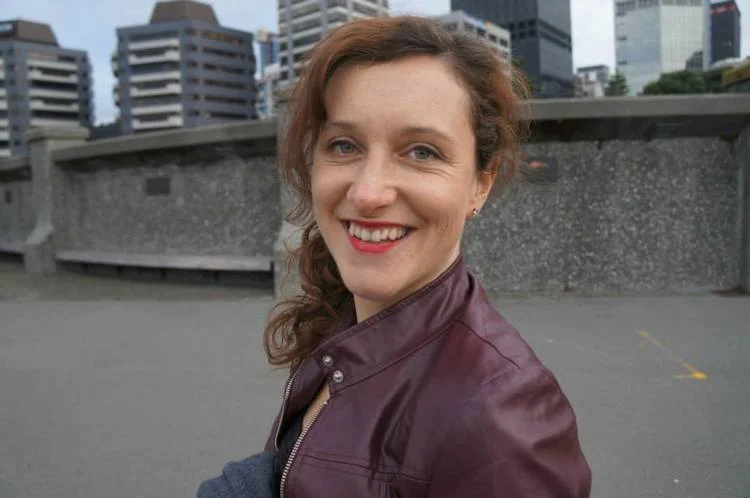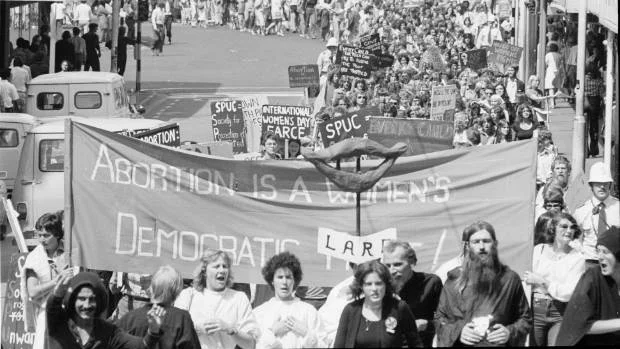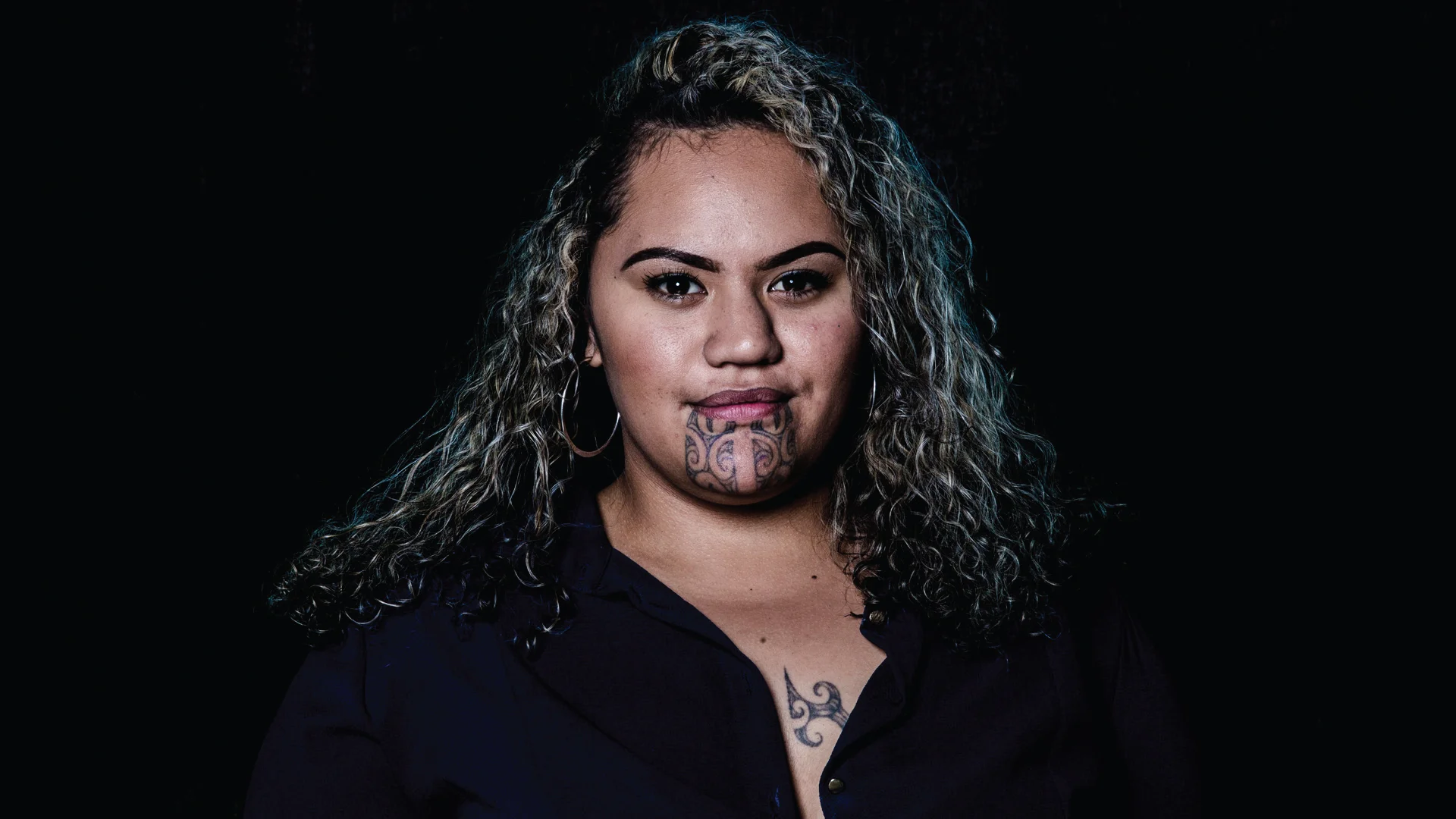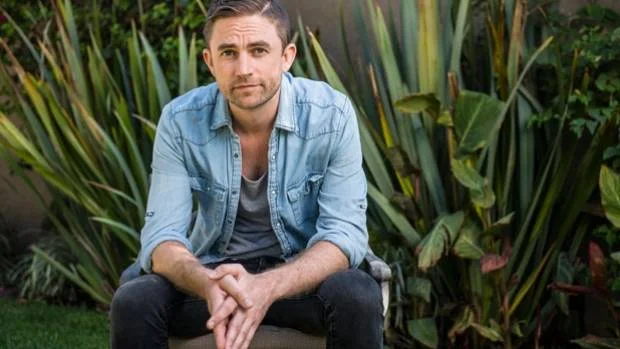Breaking the taboo on abortion / Sunday magazine
When feminist Germaine Greer came to New Zealand in 1972, she said to women at the Victoria University Student Union: put up your hand if you have had an abortion, or know anyone who has.
Mary, who'd had two abortions, watched the hands go up. But she did not raise her own. "I couldn't even bring myself to do this, although many hands went up around me," she recounts in Abortion: Then and Now, by Dame Margaret Sparrow. "At age 68, I am grateful to be able to tell the whole story to someone who will not be judgemental."
If you were in that room right now, would you put up your hand?
A lot has changed since the 70s. Abortion, once an illegal, back-alley procedure, is now available through the public health system. Women do not need to travel to Australia to access legal abortions nor attempt the procedure themselves via dangerous home concoctions and other forms of self injury.
Last year, 13,155 abortions were performed in New Zealand, and roughly one in every five pregnancies ended in an abortion. In Australia and the United States, it is estimated to be more like one in three. Yet, in a society where you are one click away from seeing what your next-door neighbour had for dinner or viewing the inside of a high school friend's womb on an ultrasound picture, abortion is one of the last real taboos. Why do so many women still keep it a secret?
In this country, women can not legally decide for themselves to have an abortion. It is allowed only if a woman gains the approval of two certifying consultants, who sanction the abortion under limited grounds set out in the Crimes Act 1961. (That's the same act that regulates activities like murder, rape, and theft.) Around 98 per cent of today's abortions are performed under the grounds that the pregnancy endangers the mental health of the mother.
Reproductive rights activist Dame Sparrow was central to the campaign to legalise abortion in the 70s. Instead, what eventuated was the Contraception, Sterilisation and Abortion Act 1977, which confirmed abortion as a crime unless women jumped through a series of hoops. To Sparrow, this was a crushing disappointment. "I just despaired. We got this complicated system, so we just knuckled down and made it work. It was intended to stop abortions and it hasn't. It is ridiculous, and it perpetuates this stigma around abortion."
Abortion should be regarded as a health matter, says Sparrow. "Only the woman who is in that situation knows whether she can bring up that child. But the law is saying 'We don't trust you , we know best'."
And the judgement is not harmless. Heather* became pregnant at age 15 after contraceptive failure. With the support of her parents, she sought an abortion. She is now married with three children and her own business. Of everything that happened around that time, it is the doctor's words that stick with her. "I was lying there, in the operating theatre, and I said 'Ow, that hurts.' The doctor just looked at me and said, 'Yes. It hurts me, too.'"
The result of such attitudes is a feeling of guilt. "It's society that makes you feel guilty," says Dame Sparrow. "We need to say: 'That abortion was the best thing I could have done at that time in my life.' We should be able to talk about it in a health-related way, in a family-related way, without somehow feeling we are less of a woman because we've had an abortion. We need less secrecy, and more honesty."
So why aren't we honest? Is it because we're too upset? Research suggests otherwise. While some women may find the decision to have an abortion fraught, for others it is the obvious choice. Of course, abortion is not pleasant. Writer Frederica Mathewes- Green once famously wrote, "A woman does not want an abortion like she wants an ice cream cone, a new dress, or a Porsche; she wants an abortion like an animal caught in a trap wants to gnaw off its own leg to escape." But the aftermath is not all tear-sodden pillows. A 2015 University of California San Francisco study showed women, overwhelmingly, do not regret ending a pregnancy. Researchers followed 667 women for three years post-abortion, and found 99 per cent of them thought abortion had been the right choice for them.
It found emotions after abortion were varied, with relief and happiness mixed in with some sadness and guilt. But overall, women coped well emotionally. Women who struggled the most were those who'd had difficulty making the decision, or who already had children. Higher perceived community stigma – measured by whether the women thought they would be looked down upon for having an abortion – and lower social support were linked with more negative emotions.
The most recent New Zealand research, done in 2008 by the University of Otago, suggested abortion is an adverse life event that is associated with a modest increase in risks of mental disorder.
Lately, abortion myths are being challenged. At Auckland's Basement Theatre in June, a play The Voice in My Head– which tells five women's very different abortion stories – had a popular run. At the Auckland Writer's Festival, American journalist and activist Gloria Steinem, 82, received glowing applause as she said women should be in charge of their own reproduction. "Children have a right to be wanted… there is nothing more sacred than having control over our bodies." (In an interview with The Guardian discussing her own abortion, Steinem said: "It is supposed to make us a bad person. But I must say, never felt that… I think the person who said: 'Honey, if men could get pregnant, abortion would be a sacrament' was right.") In a national newspaper, columnist Lizzie Marvelly, 27, said the ill-fitting and outdated laws that made women "plead grave mental suffering in order to obtain an abortion" were "frankly paternalistic and patronising." And in the US, a social media campaign #shoutyourabortion has resulted in celebrities speaking out – with comedian Chelsea Handler the latest to reveal she had two abortions as a teen.
Alison McCulloch is the author of Fighting to Choose: The Abortion Rights Struggle in New Zealand. She sees opinions changing. "I definitely think women are talking about it more, I think there's a lot less shame ...
"The more people that tell their stories and the more varied these stories are, the more ridiculous it seems that the state should have a role in making the decision for these people. I think it's really great, and I think it can lead to changes."
But the stigma will be difficult to quash, she says. "It is a harmful tool for the anti-abortion movement – you're not loving, you are a murderer, you're selfish, you are depriving other people of children. Every day around New Zealand anti-abortionists are hassling women and calling them murderers and nothing is done about it. It's because at some level society don't want to defend these women, they don't want to tell them 'it's okay'."
Playwright Jodie Molloy wrote The Voice in My Head to to explore the idea of how people judge 'good' and 'bad' abortions. "How people think of some women 'Oh what a terrible situation she was in, she had to do that,' when others are not allowed the same levity."
While reactions to Molloy's play were heartening, some were also concerning, she says. "People were calling me brave, and I was thinking 'How can it be brave talking about an issue that effects so many New Zealand women?' It's a health issue. I would have thought in 2016 we could be having a discussion about this without it being awkward and difficult. While abortion can be a traumatic and awful experience, it can also be cursory, not life-defining, not psychologically damaging. Shame should not not have a place in this experience."
In 2013, screenwriter Fiona Samuel wrote an episode of Nothing Trivial that challenged the idea that abortion causes mental health problems. In it, Jo, played by Katherine Kennard, tells her children that she had an abortion when she became pregnant with her ex. "She wasn't ashamed to say she had done it, and she didn't regret it," says Samuel. "Usually with abortion stories in drama there will be a lot of hoo-ha and the woman will back down and not go through with it, and make the feelgood decision to keep the baby. Well I think that's fairly sentimental, and it pisses me off to be honest. Quite frankly, abortion wouldn't exist if women didn't want it. It is a fact of life, and I think for a lot of women it is a lifesaver."
KATHERINE* TRAVELLED TO AUSTRALIA FOR AN ABORTION IN 1978.
I was 21 and I just knew, I can't do this, I'm not ready to do this and it's the wrong guy. I didn't want to tell my father but I had to, because I needed the money. That was one of the hardest things I have ever done. He lent me $900, and I paid every dollar back. My mother went with me to Sydney. I remember sitting in a room with 10-12 other young women and we were given sanitary pads and told to wait our turn. The feeling afterwards was absolute relief, really knowing I'd done the right thing. That was 39 years ago, and I've had not one day of regret. My younger daughter is anti-abortion, I don't know where she gets that from. She believes life begins at conception. I was talking to her about it and saying it was a shame there is still such stigma. She said 'Yes, that's because not everyone agrees with it.' I said 'Yes, and if they don't agree with it, they don't have to have one.' I feel like I can be 100 per cent open now, and I've felt like that for many years. I don't think many people would judge me for it, and if they did they would pretty quickly be told where to go. But it really saddens me that so many young women are made to feel bad – and they are made to feel like that, it's not a feeling that comes from within.
STACEY* HAD AN ABORTION IN WELLINGTON HOSPITAL IN THE 90S.
I was 18, I fell pregnant unexpectedly. I had lost my brother two years previously and was still dealing with that, I was doing an apprenticeship and I was not in a stable relationship. I thought about keeping it but what kind of pressure would that put on my mum, and my family, and myself – what would it do to my career?
Going to the doctor was an ordeal. They refer you to a counsellor and then they decide whether you should keep it. You kind of freak out because you think 'Am I answering the questions right? I'm being honest with myself but is she perceiving
that as me being ready or not being ready?' She was a lovely woman, but you have this fear – 'Is she going to make me have this child?'
You have to go for an ultrasound as well, and see it. I didn't look at the screen because I knew honestly if I did I would probably change my mind. The nurses were really rude.
When I got to the hospital there were protesters out the front, which was horrible. It was just me and my mum and they were up in your face: 'You're killing a baby, you're killing a human being, that's a person.' It's a big waiting room and there are quite a few people there. The nurses talk to you about contraception, then they call your name and take you to the wards and give you some tablets, and then within minutes you're in the operating theatre.
You're wide awake, you get on the bed and they suction it out. That was painful, they didn't say it was going to be a little bit painful. Then you put your legs down and they say 'Okay, that's done now.' Afterwards I cried because it was a sense of loss, it really affected me. I stayed with my mum and we talked about it so it was out of my mind.
I look at my life now and what I've done – I've got children and a husband and a business and a home. Yes, it was the right decision, and I think women get too much of a hard time.
MELANIE*, IN HER EARLY THIRTIES, HAD AN ABORTION IN 2014.
We've always been really clear we only wanted two children. Even so, our mismanagement of contraception meant that when I fell pregnant for the third time, we didn't even entertain the idea of having an abortion. Our very traditional upbringings meant it wasn't an initial consideration.
I did have some issues after my second pregnancy so I was concerned how my body would hold up, and how difficult being pregnant would be while caring for two small children. So I thought having a termination was worthy of a conversation. I remember saying to my husband 'how would you feel if we terminated?' and it was almost like he was waiting for me to ask. I think he was navigating how to be respectful, in a situation we didn't want to be in.
We went to our GP who reminded us this happens to so many women, so we didn't need to feel ashamed, or guilty. It made me feel really confident and empowered in our choice, albeit not so much that I would choose this situation again.
At the hospital it was surreal. Everything is kept so private. There's no signage directing you to the abortion clinic. On one hand I felt safe, but on the other hand I was questioning why everything was so hidden? I was surprised by who I saw in the waiting room. I noticed an Arab woman, an older woman, a teenager, an Asian woman, a Pakeha woman, a Pacific woman, an Indian woman and there was me, a Māori woman. The diversity was affirming, knowing that it's not just the stereotypes that are fed to us. The termination process is technical, clinical and rigid. Pills are given to calm you, more pills are given to initiate the process and then the final invasive procedure takes place. Each stage is so final. I found that really, really hard.
Part of my healing process has been giving voice to this experience. For us, we were making our decision at the same time as others in our family were announcing their pregnancies. Those babies are a living reminder of what we chose not to have, and that continues to be difficult for me. From a Māori perspective the mauri (life force) of the child is initiated at conception, whereas the Pākeha perspective I encountered couched conception as a chemical reaction – reconciling this also continues to be difficult.
I don't have any regrets. I advocate for women to be able to choose. Having to live with the decision and go through the procedure is enough of a punishment.
DEANNE* HAS HAD TWO ABORTIONS, AT AGES 23 AND 26.
The first time I was seeing a guy on and off that I wasn't really into but the sex was good. I have always been very careful and we had unprotected sex a day after my period had finished and got prego.There was no doubt in my mind I wasn't ready. I felt I couldn't tell my parents but I knew this was the right decision for me. Within five days of a few blood tests, talking to doctors and booking in it was all over with and I felt nothing but relief. It was the best decision. I am so, so glad I did it.
The second time I was back from London and it was actually the same guy. I bumped into him and we slept together and the condom broke so I went and had the morning after pill, which obviously didn't work
The decision was instantaneous both times. Maybe that makes me selfish but I had no doubt i that I wasn't ready. Most people I am friends with are pretty open-minded and most of my friends have had one. I don't openly tell others I have had an abortion because I feel people may judge me. If I tell people I feel like I always have to add I there that it was contraception failure, not being careless.
I feel like society almost wants you to regret having an abortion after having one. I never have and I don't know anyone that has. I think if you have doubts then most probably wouldn't go through with it.
*Names have been changed.





